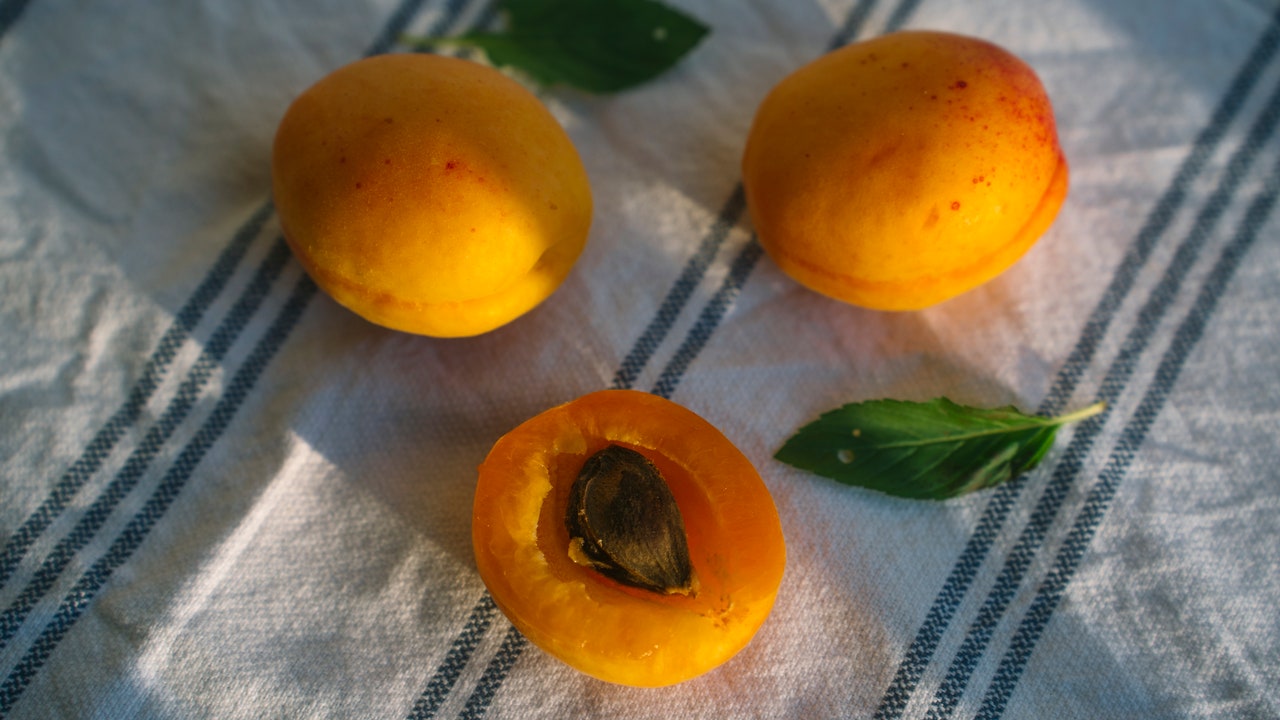
Summer means swimming, afternoon naps, and apricots—at least as far as I’m concerned. With a juicy-sweet flavor, the stone fruit is a quintessential seasonal treat. But the appeal goes far beyond taste; apricots are delightfully healthy, too. “They’re wonderful, they’re all goodness,” agrees nutritionist Itziar Digón. Here’s a peek at what makes apricots the summer fruit you shouldn’t skip.
Apricots are high in fiber
One of the great advantages of apricots? “They are rich in both soluble and insoluble fiber, so they are good for intestinal transit,” says Digón. “In addition, they serve as food for our microbiota.”
Nutritionist Laura Parada agrees that apricots improve digestion and intestinal motility, and adds that this can have the added benefit of reducing a certain rather unpleasant condition: “Especially in their dried form, apricots can help relieve constipation thanks to their high fiber content,” she says.
Foods rich in fiber offer a potential beauty benefit, too—especially in terms of reducing stomach bloating, which is often exacerbated in the summer thanks to heat-induced fluid retention. (Just be sure not to eat too much fiber as an excess can actually cause abdominal bloating.)
Apricots ease fluid retention
It’s not just the fiber that helps eliminate bloating, either. “Apricots also provide potassium, which has a diuretic effect and improves fluid retention,” Parada points out, noting that the natural acids present—such as malic and citric acid—can help improve digestion, intestinal health, and nutrient absorption, too. “Although it should be noted that with ripening, the amount of these acids decreases,” she says.
Apricots are low in sugar
Digón says apricots usually contain around 20 calories per whole fruit, so eating three apricots would only count for one serving of fruit. “Compared to other fruits, their calorie count is quite low thanks to their high amount of water and modest amount of carbohydrates,” Digón explains.
In addition, apricots are low in fructose, which means they are often recommended as a way to alleviate intestinal inflammation problems—including a bloated belly.
Apricots are good for the brain
As mentioned, apricots are beneficial for gut microbiota—which, in turn, is good for the brain. “When we consume foods rich in fiber, our intestinal microbiota is supported in a fermentation process responsible for the release of short-chain fatty acids,” Irache Alonso, pharmacist and founder of Well-feeling Club, explains. “Those short-chain fatty acids contribute to the reduction of neuroinflammation and favor both emotional balance and the prevention of neurodegenerative disorders.”
Apricots are high in beta-carotene
Apricots are rich in beta-carotene, which is transformed into vitamin A in our body, which then contributes to healthy skin. Thus, apricots are often recommended by dermatologists and skin experts. For example, Dr. Mar Mira of Clínica Mira + Cueto says she always includes them in her antioxidant-rich food plans. “Apricots are another main food source of pro-vitamin A, which is essential for the skin,” she explains. Dr. María José Crispín of Clínica Menorca also refers to their high beta-carotene content, noting that the natural pigments and antioxidants support melanin production making apricots helpful for preparing the skin for sun exposure. Looks like apricots really are the quintessential summer fruit.
#Apricots #Surprisingly #Good #Gut #Skin #Brain






